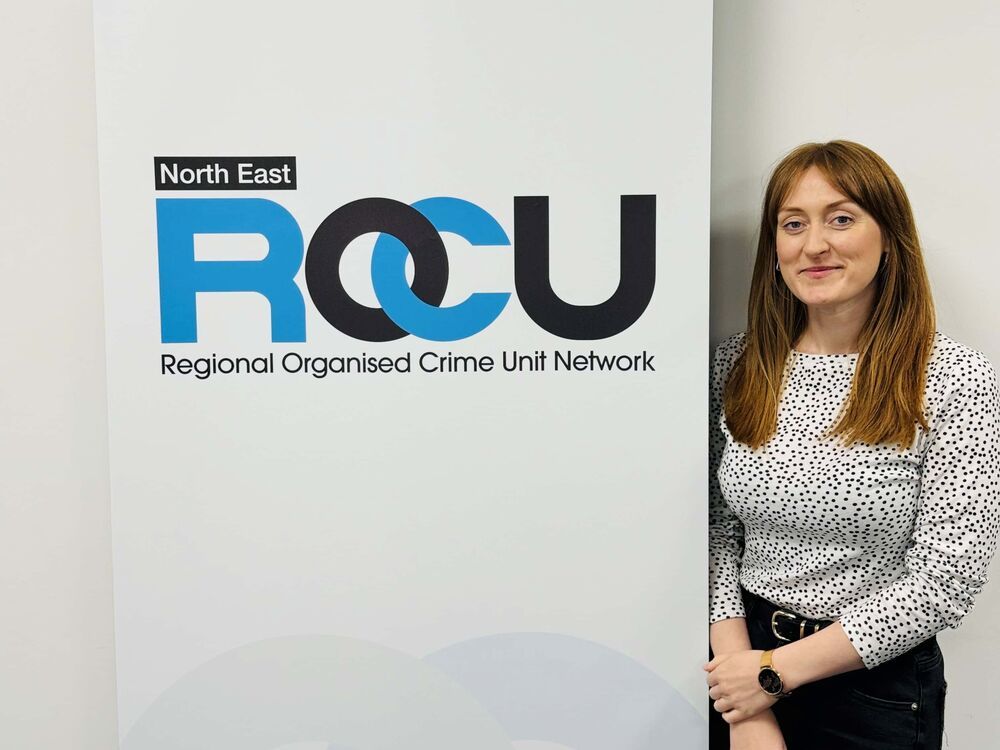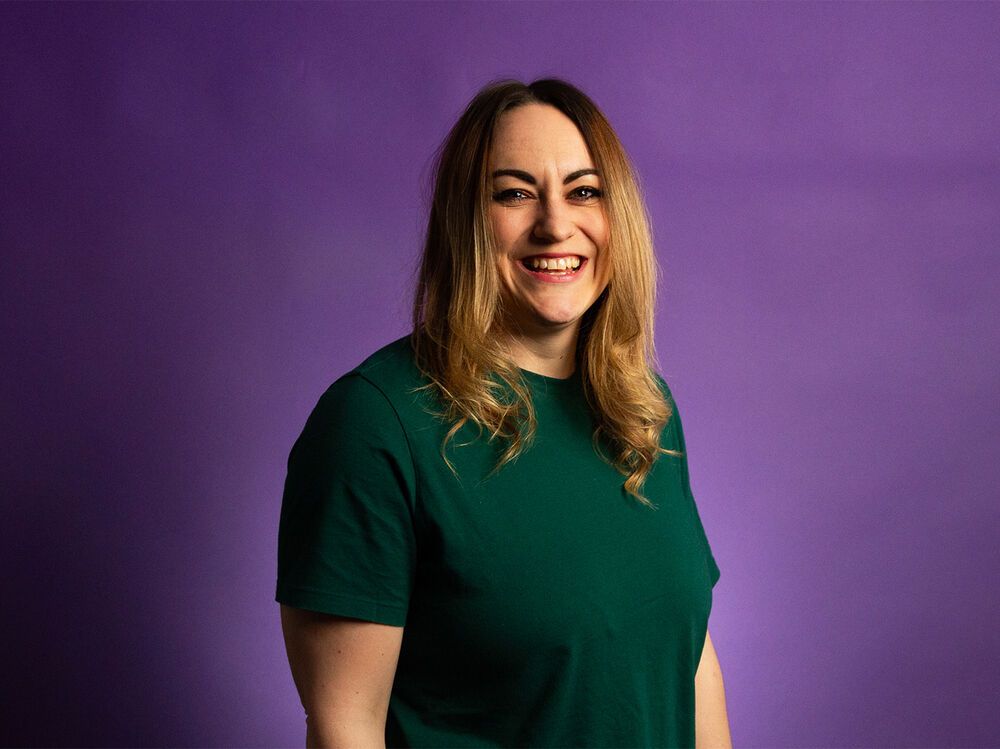When should I start looking for a placement?
It's never too early and many students start looking for placements during their first year of study. As a guide, you should actively start your search at the beginning of your second academic year, as this is when many placement providers are actively advertising roles. It can be a competitive process and you'll usually be competing against students from our university and others across the UK.
Is it better to find a placement with a big company?
Not always. Placements are available with both large and small companies. Small companies often provide great placement experiences, as you'll have the opportunity to work across different areas of the organisation.
Is there a cut-off date for when I have to find a placement year?
We usually ask you to confirm if you have an appropriate placement year offer by the end of June to allow time for us to process your request. However, it's sometimes possible for students to confirm placement years later than this.
Where can I find placement opportunities?
For current students, visiting the Employability and Enterprise Hub (Gateway Building at City Campus or Prospect Building at the Sir Tom Cowie Campus at St Peter's) to speak with the team at the Centre for Graduate Prospects is a good first step.
You can also access a range of information and support via the Employability and Enterprise Hub website.
We'd also recommend the following external websites to help you with your placement search:
Will I have to attend an interview?
Yes, for most placement years you would usually be expected to attend an interview as part of the recruitment process. If you're completing an in-year placement, you may be 'matched' to a short-term placement by the University.
The length of a placement will vary depending on whether you're completing an in-year placement or a placement year.
A placement year essentially replaces a full academic year and lasts for around nine months. Most students would start their placement over the summer, and typically by October at the latest.
A wide range of support is available to students who want to complete a placement year. The Centre for Graduate Prospects provides support to students before, during, and after the placement experience to help you make the most of it. This may include:
- Support with developing your CV and preparing for interview and assessment activities
- Access to career development conversations
- Regular placement drop-ins at our Employability and Enterprise Hub throughout the academic year
- A placement year pre-departure session to help you prepare
- A return to campus session to help you prepare for after your placement year.
Do you get paid for placement?
This depends on the placement, but the majority of university placements aren't paid as they form a credited part of your degree.
For placements that are paid, the pay amount will depend on your location, industry, and the size of your placement provider, but you should be offered at least the minimum wage. We'd advise you to think carefully about the remuneration offered by a placement host and consider whether it's sufficient to support your expenses. If you're unsure, please speak to our Centre for Graduate Prospects.
Do I still pay my university tuition fees during placement?
The current fee for a student completing a placement year is £1,200. Student Finance England may be able to add this to your student loan, or you can pay this to us directly.
If my placement requires a DBS check, do I have to pay for this?
If you're completing either an in-year placement or placement year organised by the University, you don't usually have to pay for your DBS check.
Will I receive any financial support for travel costs?
In most cases, you'll have to fund your own travel to and from placement, but some providers may reimburse you for this. It's a good idea to ask about this at your interview.
If completing my placement in a different city, can the University help with accommodation?
Not usually, but speak to your module leader or the Centre for Graduate Prospects if you have any concerns about the costs involved in a placement. It's also worth keeping up to date with the scholarships and bursaries we have available.
Do I need to stay in touch with the University during placement?
Yes, you'll be expected to stay in touch with us periodically while you're on placement. This is usually via email, but you may complete face to face or online reviews with your module leader or colleagues from the Centre for Graduate Prospects, depending on your placement.
Who can I contact if I have a concern while on placement?
In the first instance, you should reach out to your module leader, but you can also contact placementyears@sunderland.ac.uk for support.
Where can I access health and wellbeing support during placement?
You can access a wide range of wellbeing support here.
Yes, international students can usually complete both in-year placements and placement years. If you have any questions about your visa and working hours entitlement, you can reach out to the International Student Support Team before starting your search.








